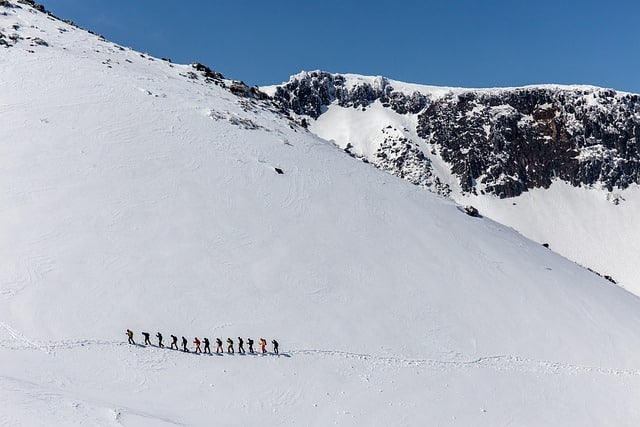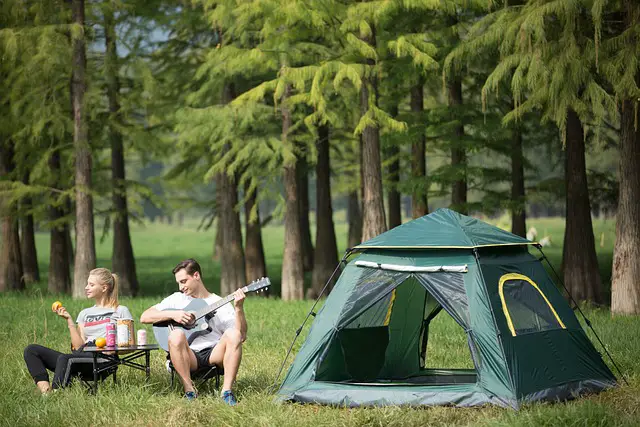The Importance of Training for Mountain Climbing
Mountain climbing, an exhilarating adventure sport, requires more than just a passion for heights. It demands fitness, agility, and mental toughness, all of which can be achieved through targeted training. But how to train for mountain climbing, you ask? Let’s delve into the details to help you prepare for your next summit.
The Physical Demands of Mountain Climbing
The Endurance Challenge
Mountaineering is not a dash; it’s a marathon. Climbers typically spend hours or even days, tackling diverse terrains to reach the summit. Hence, the importance of cardio endurance cannot be stressed enough. Cardiovascular fitness helps keep fatigue at bay, allowing climbers to conserve energy for the challenging sections ahead.
Body Strength and Flexibility
Mountain climbing puts every muscle of your body to work. Upper body strength is crucial for climbing steep sections, while lower body strength aids in walking on uneven terrains. Flexibility, on the other hand, enables climbers to navigate complex terrains comfortably and reduces the risk of muscle strains.
How to Train for Mountain Climbing: The Fitness Regimen
Cardiovascular Training
Cardiovascular training enhances lung capacity, allowing the body to function efficiently with less oxygen— a common condition at high altitudes. Running, swimming, and cycling are excellent ways to build cardio endurance. Start slow and gradually increase intensity and duration.
Strength Training
Begin with bodyweight exercises like push-ups, pull-ups, and lunges. Once you’re comfortable, incorporate weights into your routine. Remember, the aim is not bulking up, but strengthening your muscles without adding excessive weight.
Flexibility Training
Yoga and other stretching exercises improve flexibility, promote muscle recovery, and prevent injuries. Aim for a full-body stretch routine at least twice a week.
Preparing for the Altitude: Acclimatization Training
Training for mountain climbing is incomplete without preparing your body to function under low oxygen levels. This is where acclimatization training comes into play. Aim for hikes at high altitudes, if accessible, or use specialized equipment like an altitude mask for indoor training.
Mental Training: The Underrated Aspect
Mountain climbing tests not just your body, but your mind too. Mental toughness can be the difference between reaching the summit and turning back midway. Regular meditation, visualization techniques, and developing a strong inner dialogue can fortify mental resilience.
Understanding Nutrition and Hydration
Lastly, climber’s diet plays an integral part in training for mountain climbing. Eating a well-balanced diet, rich in proteins for muscle recovery and carbohydrates for energy, is essential. Additionally, staying hydrated throughout the climb can alleviate symptoms of altitude sickness and boost performance.
Are You Ready for the Climb?
Mountain climbing is a test of physical endurance, mental grit, and emotional resilience. The preparation for it is as challenging as it is rewarding. So, are you ready to train for mountain climbing that will lead you to the summit? Remember, every step you take in training brings you one step closer to conquering that mountain peak. And always consult with a professional before beginning any new training regimen.




